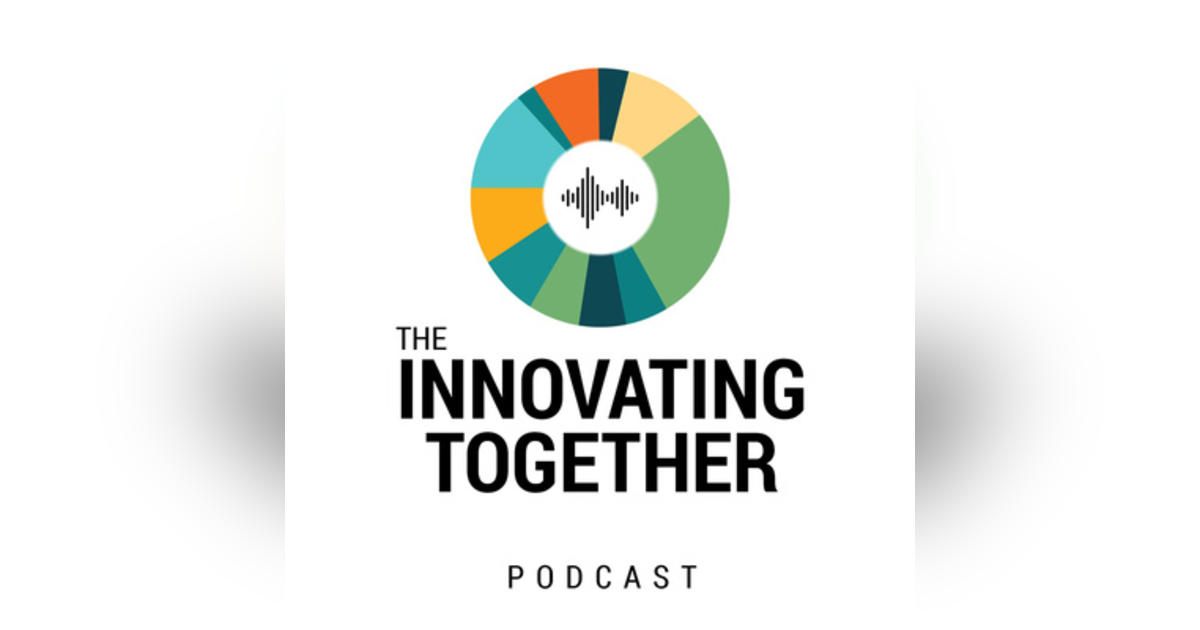Interview with Chancellor of the California Committee of Colleges Eloy Oakley

Chancellor of the California Committee of Colleges Eloy Oakley recently spent some time in November 2021 in Washington, D.C. with the U.S. Department of Education to help with the BBB - Build Back Better vision of the current administration. He discussed the bureaucracy in the Department of Education, how his visit impacted his leadership style, and policy perspectives.
Oakley was most surprised by the many layers of red tape and how big the bureaucracy is in D.C. when compared to California’s large bureaucracy. He expressed that although higher education and getting people back to work are bi-partisan issues, the lingering issues such as the first year of an administration coming into a pandemic and a lot of people who believe the election was illegitimate makes it frustrating trying to get things done on top of all the red tape and bureaucracy. People who helped him navigate the vastness of the Department of Education were Ted Mitchell and John King, who helped him understand who’s who, which departments he needed to rely on, and which departments he needed to keep communication open with. “It was like a foreign country, walking into the Lyndon B. Johnson building.” He shared that the building was basically empty because of COVID, so it was “critically important for me to understand the organization chart there at the Department of Education.”
When asked how his experience in DC will impact his leadership style going forward, he explained how not being in charge and being a support member for the Secretary of Education was a humbling experience. By supporting someone else, it gave him a perspective of what his team goes through trying to support him as a leader. He said, “I saw myself as a resource. I see myself as trying to help something that’s bigger than me.” This exercise in humility helped him realize what looks the leader gives and who the leader says “hello” to or not say “hello” to impacts team members. He said, “I think it will help me to make more space and time for each individual member of the team, so that they all feel connected to the work.”
With regard to policy, Oakley stated, “The other thing that surprised me with the turmoil we have experienced with COVID is how different all 50 states are. Once I got to understand how federal policy would work in a state, it became exceptionally obvious how difficult it is for the Department of Education to try to craft federal policy for the entire nation given how different our states are and of course states are primarily responsible for higher education in their states. The final thing is how much online education stretches across states, so it makes it even more complex to develop federal policy.” He felt his perspective on how policy actually works on the ground was helpful to the administration. He gave examples of policies that impact students directly, like America’s College Promise, completion grants, consumer protection, and loan forgiveness.
Bureaucracy, leadership styles, and policy issues addressed during his visit gave him an overall positive experience. His drive to go to D.C. was from a sense of urgency since “we have a President, certainly a first lady and administration who is willing to put attention on universities that serve the majority of Americans.”
--- Send in a voice message: https://podcasters.spotify.com/pod/show/innovationalliance/message
